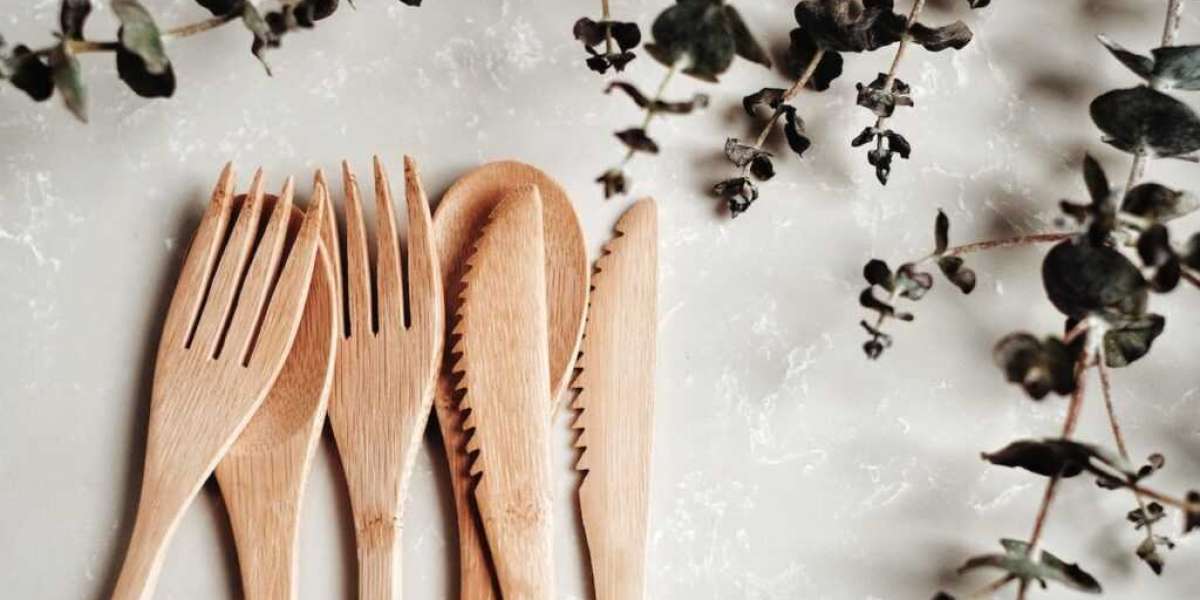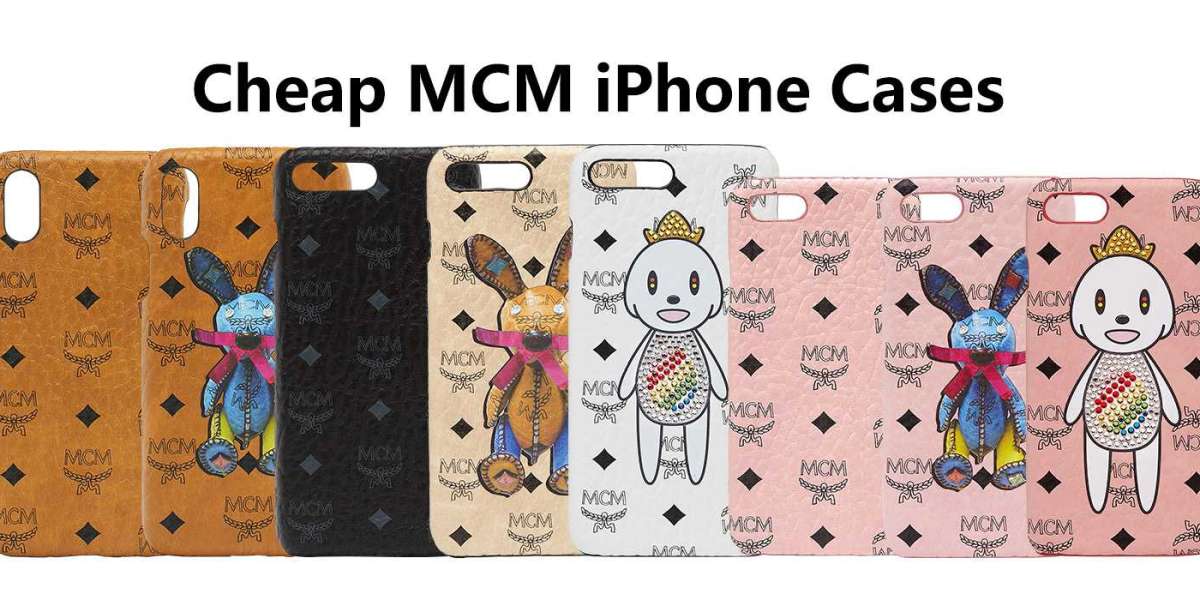In the world of eco-conscious living and sustainability, bamboo utensils have emerged as a popular choice for those seeking environmentally friendly alternatives to conventional plastic or metal cutlery. But are bamboo utensils safe+? In this comprehensive guide, we delve deep into the realm of bamboo utensils, exploring their benefits, potential drawbacks, and their overall impact on both your health and our planet.
Why Choose Bamboo Utensils?
1. Sustainable Sourcing One of the primary reasons bamboo utensils have gained popularity is their eco-friendliness. Bamboo is a fast-growing grass that requires minimal water and no pesticides to thrive. This means that the harvesting of bamboo for utensil production has a significantly lower environmental impact compared to the extraction of metal or the production of plastic.
2. Biodegradability Unlike plastic utensils that can take centuries to decompose, bamboo utensils are biodegradable. When disposed of properly, they will break down naturally, returning to the Earth without leaving a lasting footprint. This feature aligns perfectly with the principles of sustainability.
3. Durability Bamboo utensils are surprisingly durable. They can withstand the rigors of daily use and are less prone to chipping or breaking compared to some traditional wooden alternatives. This means that they can be a long-lasting addition to your kitchen.
Are Bamboo Utensils Safe for Your Health?
1. Naturally Antimicrobial Bamboo possesses natural antimicrobial properties. This means that it has a built-in defense mechanism against harmful bacteria. This quality can be a significant advantage in the kitchen, where hygiene is paramount.
2. Chemical-Free Unlike some plastic utensils that may contain harmful chemicals like BPA, bamboo utensils are chemical-free. This eliminates the risk of potentially harmful substances leaching into your food, ensuring your meals remain safe and uncontaminated.
3. Smooth Texture Bamboo utensils are known for their smooth, non-reactive surfaces. This makes them an excellent choice for cooking and serving a wide range of dishes, as they won't alter the taste or texture of your food.
Potential Drawbacks to Consider
While bamboo utensils offer numerous advantages, it's essential to consider some potential drawbacks:
1. Sensitivity to Moisture Bamboo is sensitive to excessive moisture. Prolonged exposure to water can cause it to swell or warp. To maintain their longevity, it's crucial to dry bamboo utensils thoroughly after washing and store them in a dry place.
2. Limited Heat Resistance Bamboo utensils are not suitable for high-temperature cooking. They can become discolored or damaged when exposed to prolonged heat. It's best to use them for low to medium-temperature cooking or serving.
3. Sustainability of Supply Chains While bamboo itself is a highly sustainable resource, it's essential to ensure that the supply chain of your bamboo utensils adheres to sustainable practices. Look for products that come from reputable sources committed to responsible harvesting and production.
Conclusion
In the quest for eco-friendly and health-conscious choices, bamboo utensils stand out as a commendable option. They are not only environmentally friendly due to their sustainable sourcing and biodegradability but also safe for your health, thanks to their natural antimicrobial properties and chemical-free composition.
However, it's essential to be mindful of their sensitivity to moisture and limited heat resistance, taking proper care to prolong their lifespan. Additionally, always prioritize products from ethical and sustainable supply chains to ensure the utmost eco-consciousness.
In the end, bamboo utensils offer a harmonious blend of practicality, sustainability, and health-consciousness, making them an excellent choice for those looking to make a positive impact on both their kitchen and the environment.








